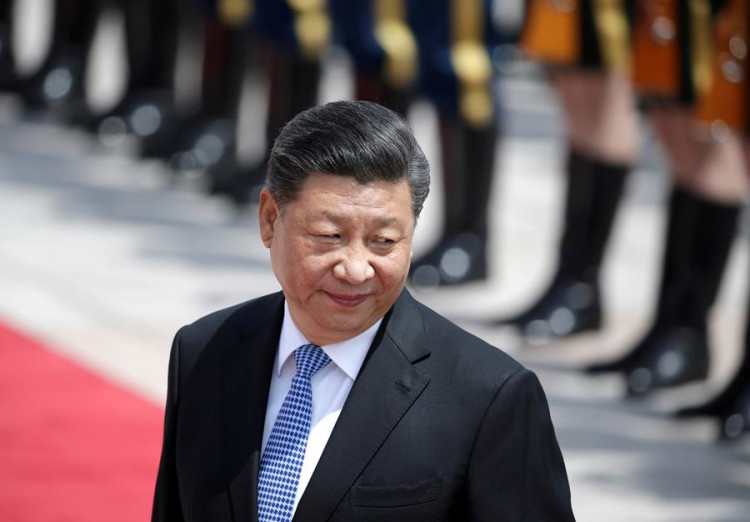China has introduced a new school curriculum it hopes will instill patriotism through the mind of the country's leader, Xi Jinping.
Chinese students returned to their classrooms Wednesday with new textbooks containing the "thoughts" of Xi Jinping, as part of the Communist Party's objective of inculcating the political ideology of the president to children as young as seven and breed a new generation of nationalists.
In a new guideline released by China's Ministry of Education, "Xi Jinping thought" will help teenagers inculcate "Marxist beliefs." The new curriculum will be integrated from primary school to graduate programs, reports said.
Education officials said Xi's "thoughts" on socialism with Chinese characteristics for a new era will be consolidated to the curriculum in phases.
Teachers in primary schools must plant the seeds of "loving the party, the country and socialism in young hearts," a government document on the new curriculum stated.
The introduction of the new national curriculum is the latest effort by Xi to integrate the ruling Chinese Communist Party's role in various areas of the academe and society.
At the core of the Xi Thought is the emphasis on the dominance of China's one-party governance, as well as its need for a strong leader for China to attain the global standing it deserves.
The education ministry highlights the need for all students to "arm their brains" with the president's thought to "mold successors of socialism."
In 2018, China's top state panel enshrined "Xi Jinping Thought" into the country's constitution. That year's legislative meeting removed term limits and set the stage for Xi to rule China indefinitely.
According to The Economist, China currently has 18 Xi Jinping "thought research centers." Many of these learning facilities focus on a particular subject like culture, politics, education, science, diplomacy, religion or national security.
Since becoming president in 2012, Xi has sought to boost the CCP's involvement in all sectors of society, including its businesses, academe and cultural institutions.
It is widely viewed that Xi, whose term as chief of the Communist Party ends in 2022, will remain as China's leader for an extended period.






